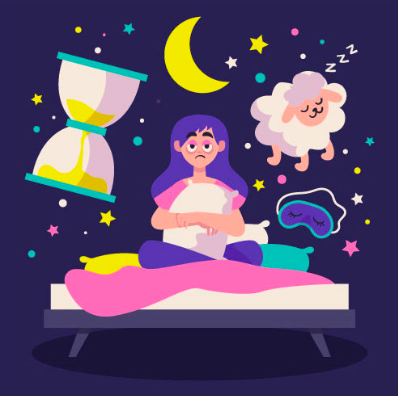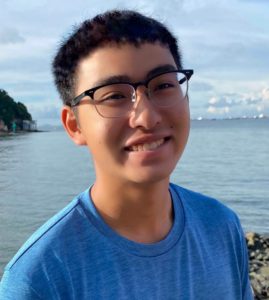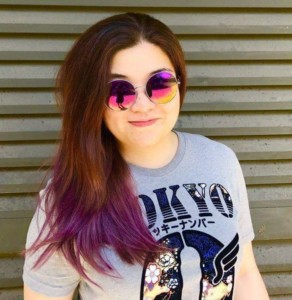Unlocking ADHD writer Constance Thum explores sleep problems in ADHDers, and tips to promote better sleep quality.
For many children and adults with ADHD, sleep is an unpleasant activity that prevents them from having more fun. For children with ADHD, their hyperactivity and restlessness may make bedtime even more difficult for them and their parents. They may also struggle with waking up. Insomnia, hypersomnia, extremities in sleep duration and poor sleep quality are amongst the most common sleeping problems faced by ADHDers.
ADHD and Sleep Issues

Children and adults with ADHD may also have other sleep disorders such as:
*Circadian Rhythm Sleep Disorder. This disorder causes individuals with ADHD to be more alert in the evening. This may result in difficulties with falling asleep at night and waking up in time for the following day’s activities.
*Sleep-Disordered Breathing (SDB). Examples of this include sleep apnea and snoring which may lead to disturbed sleep and daytime sleepiness in ADHD children and teens.
*Restless Legs Syndrome (RLS). This disorder affects close to 50% of individuals with ADHD. They spend fewer hours in ‘deep sleep’ (deep sleep is essential for effective recuperation)
*Narcolepsy. Affected individuals suddenly fall asleep during the day but may have difficulty sleeping at night. Narcoleptic adults are more likely to have been diagnosed with ADHD as children
Tips for Better Sleep

Image Source: Baby moon vector created by user10320847 – www.freepik.com
Sleep tips that may be helpful include:
*Establishing fixed bedtimes and wake-up routines
*Lifestyle changes such as a proper, balanced diet and physical activity
*Reducing stimulants (e.g. caffeine, screen time, games, and intense activity) before bedtime for children and teens with ADHD
*Starting and finishing tasks way before bedtime so that there is time to wind down before sleeping
*Meditation and deep breathing strategies to relax the mind and body before bedtime
*Medication and supplements (e.g. melatonin) that are prescribed and monitored by a health professional
*Professional help and sleep therapy
Having sufficient, good-quality rest is particularly important for developing children and to ensure other areas of their life such as school and socialization are not impacted by sleep issues. Parents should keep an eye on their ADHD children’s sleeping habits to ensure they are getting the rest they need. Sleeping patterns and problems, be it ADHD-related and/or naturally occurring changes, may develop and modify with age. Therefore, it is necessary to review strategies to promote better sleep among from time to time if they are no longer working as well as they did. While the above may seem like a lot of effort for ADHDers and their caregivers, having good quality sufficient sleep is an important part of managing ADHD symptoms and will help with focus, mood stability and overall better health – and there is no better time to start than tonight!




















































Leave a Reply